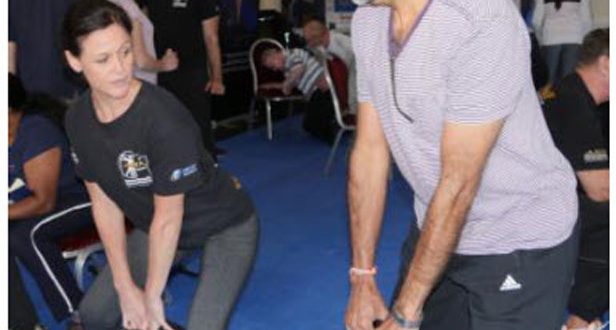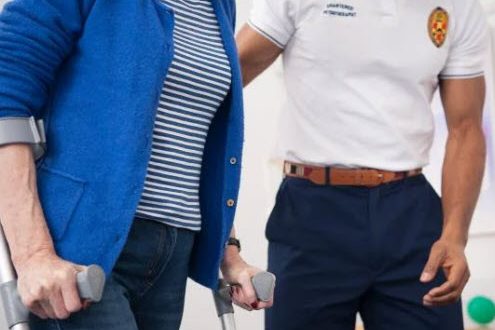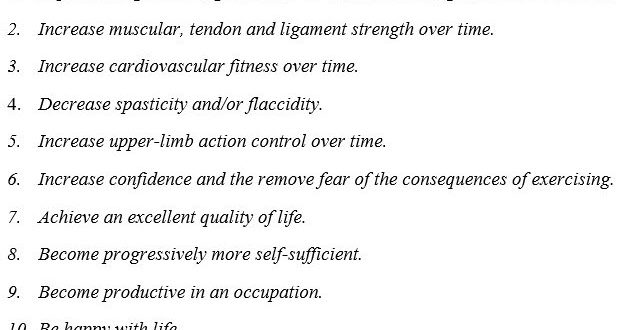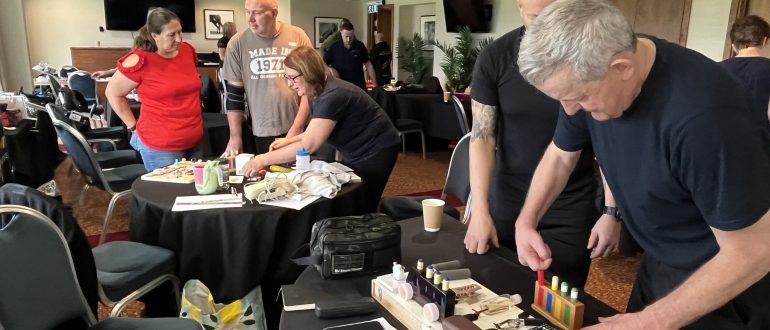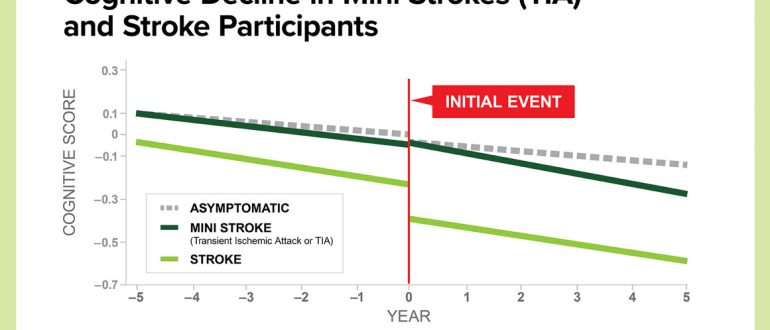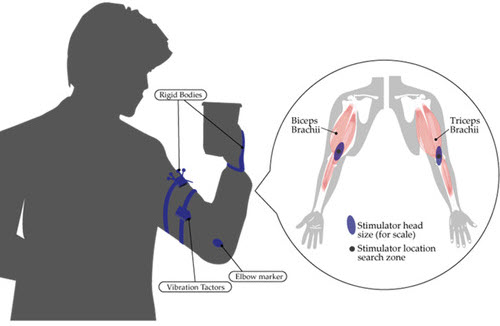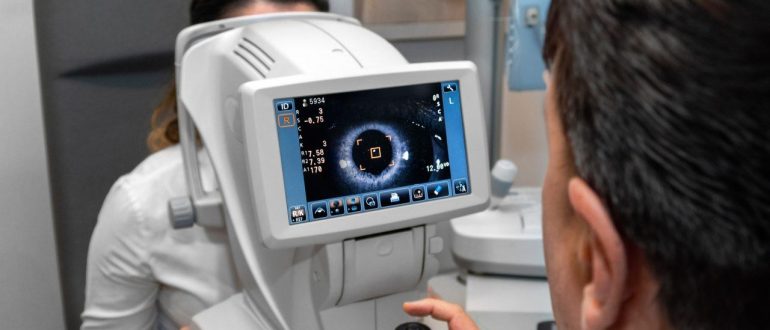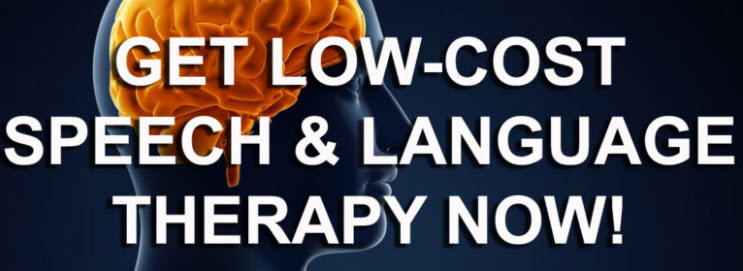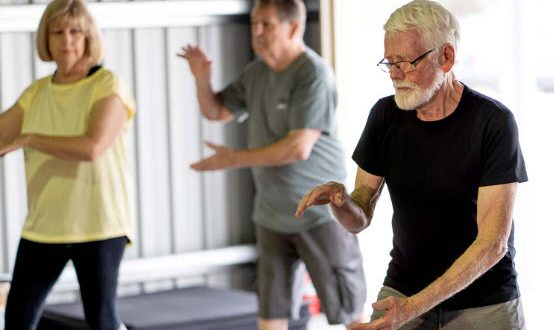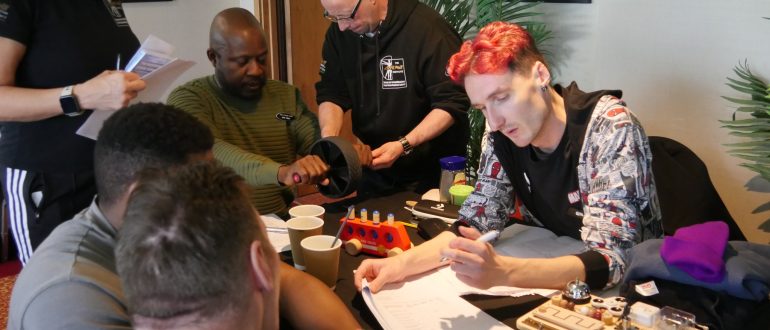A just-published systematic review and meta-analysis confirms the reason why, since 2001, one of the 3 parts of ARNI rehab has ALWAYS been (stroke-specific) strength training. Just published in the BMJ’s British Journal of Sports Medicine the review, entitled ‘Prescribing strength training for stroke recovery’ concludes that:
‘Training alone or combined with usual care improves stroke recovery outcomes and more frequent strength training, power-focused intensities and traditional programme designs may best support stroke recovery’.
More frequent strength training, traditional strength training programmes and power-focused intensities (ie, emphasis on movement velocity) were also positively associated with walking capacity, health-related quality of life and fast-paced walking speed.
(Eight electronic databases (MEDLINE, EMBASE, EMCARE, AMED, PsycINFO, CINAHL, SPORTDiscus, and Web of Science) and two clinical trial registries (ClinicalTrials.gov and WHO International Clinical Trials Registry Platform) were searched from inception to 19 June 2024. )
Noguchi KS, Moncion K, Wiley E, et al. Prescribing strength training for stroke recovery: a systematic review and meta-analysis of randomised controlled trials. British Journal of Sports Medicine 2025;59:185-197.
https://bjsm.bmj.com/content/59/3/185


